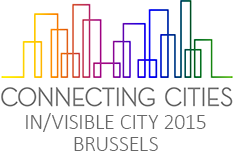False Positive
Een project van Mark Shepard, Julian Oliver, Moritz Stefaner
Welcome to candygram, where you are more than just a number.
Tired of being treated like yet another anonymous subscriber?
At candygram, we get to know our customers personally, and we know you better than you think.
candygram - let's get personal ®
Wat ons kwetsbaar maakt, is niet enkel ons vertrouwen in netwerkinfrastructuren, maar ook onze bereidheid om stukjes persoonsgegevens vrij te geven in ruil voor toegang tot online applicaties. Data zijn onderdeel geworden van ons dagelijks leven en data surveillance is ondertussen niet meer weg te denken. De onthullingen inzake de dataverzameling en analyse-activiteiten van de NSA of de groeiende marketingstrategieën rond “persoonlijkheid profilering” en “prognose analyse” door ketens als Walmart of Target, roepen vragen op rond onze dagelijkse gegevenstransacties en hoe die misbruikt kunnen worden.
Steeds vaker blijken we onderworpen te worden aan geavanceerde vormen van profilering, zowel online als offline. Maar als algoritmisch gegenereerde databodies onze toekomst zijn, moeten ze ook onderhevig zijn aan fouten. FALSE POSITIVE onderzoekt de onbetrouwbaarheid van mobiele netwerken en de feilbaarheid van online profilering. De aandacht gaat daarbij vooral naar het infrastructurele beleid van mobiele communicatietechnieken en de heimelijke netwerkpraktijken van hedendaagse informaticasystemen. Het uitgangspunt is de bevordering van onze algemene kennis rond de kwetsbaarheid van datatransacties, en wat ze al dan niet over ons kunnen onthullen.
FALSE POSITIVE gebruikt tekstberichten, verborgen netwerken, straatinterventie en data visualisatie om het publiek te betrekken in een gesimuleerde maar persoonlijk conversatie met een mobiele operator. De vrijgegeven persoonsgegevens worden verwerkt tot "dataportretten" via sociale en ruimtelijke associaties. Dit project peilt naar het grijze gebied rond zowel persoonlijke toestemming als statistische waarschijnlijkheid waaruit vaak ongegronde en speculatieve conclusies worden getrokken.
Workshop
Join us on Sunday 4 October for a workshop that introduces the various concepts, techniques and methods behind the False Positive project. Topics include an overview of setting up open source cellular networks, working with APIs for data mining and profiling using social media, and designing corporate fictions for social interventions. Take part in a CryptoParty - https://www.cryptoparty.in - where you can learn best practices for digital security, including how to use basic cryptography tools. Interested in working with the Tor anonymity network, public key encryption (PGP/GPG), and OTR (Off The Record messaging)? Bring your mobile phone and/or laptop, and we’ll get you set up and on your way to a more secure online existence.
Het atelier wordt gegeven in het Engels. INSCRIPTION OBLIGATOIRE!
About the artists
Mark Shepard is an artist and architect whose work addresses contemporary entanglements of technology and urban life. Recent work includes the Sentient City Survival Kit, a collection of artifacts, spaces and media for survival in the near-future 'sentient' city. It has been exhibited at the 13th Venice International Architecture Biennial; Ars Electronica, Linz, Austria; Transmediale, Berlin Germany, among other venues. His edited book "Sentient City: ubiquitous computing, architecture and the future of urban space" was published by MIT Press and the Architectural League of New York.
Julian Oliver is a New Zealander, Critical Engineer and artist based in Berlin. His work and lectures have been presented at many museums, galleries, international electronic-art events and conferences, including the Tate Modern, Transmediale, the Chaos Computer Congress, Ars Electronica, FILE and the Japan Media Arts Festival. Julian has received several awards, most notably the Golden Nica at Prix Ars Electronica 2011 for the project Newstweek (with Daniil Vasiliev). He is an advocate of Free and Open Source Software and is a supporter of, and contributor to, initiatives that promote and reinforce rights in the networked domain.
Moritz Stefaner works as a "truth and beauty operator" on the crossroads of data visualization, information aesthetics and user interface design. With a background in Cognitive Science and Interface Design, his work balances analytical and aesthetic aspects in mapping abstract and complex phenomena. Recent work includes Selfie City, a project Investigating the style of self-portraits (selfies) in five cities across the world. His work has been exhibited at Venice International Architecture Biennial, SIGGRAPH, Ars Electronica and the Max Planck Science Gallery. In 2010, he was nominated for the Design Award of the Federal Republic of Germany.
Praktische Info
False Positive
3 October, 19:00 - 2:00
Next to MicroMarché (9, Steenkoolkaai)
Workshop
4 October, 12:00 - 20:00
iMAL, 30 Koolmijnenkaai, Brussels)
Free! Registration mandatory!
Media Galerij <>
View on Youtube 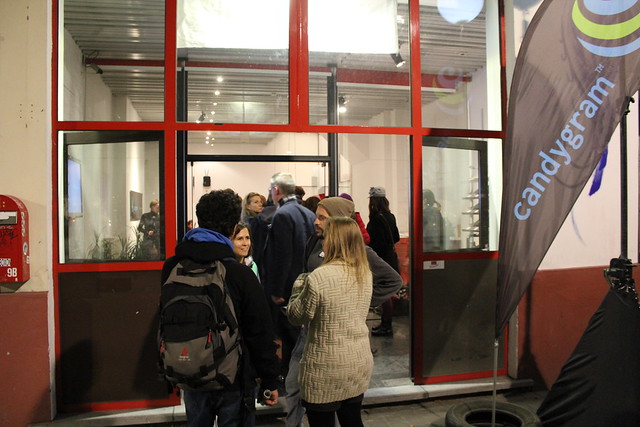
False Positive @ Nuit Blanche 2015. View on Flickr 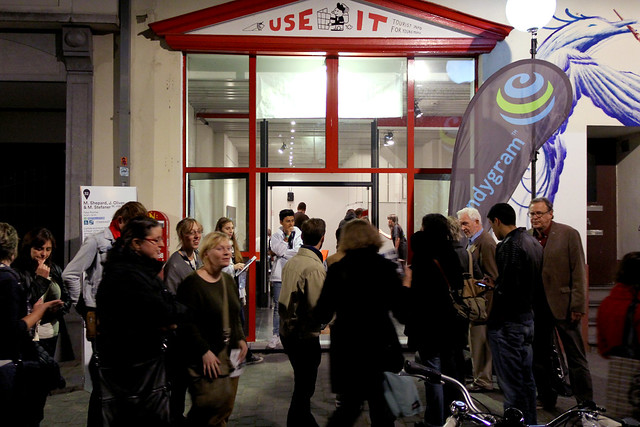
False Positive @ Nuit Blanche 2015. View on Flickr 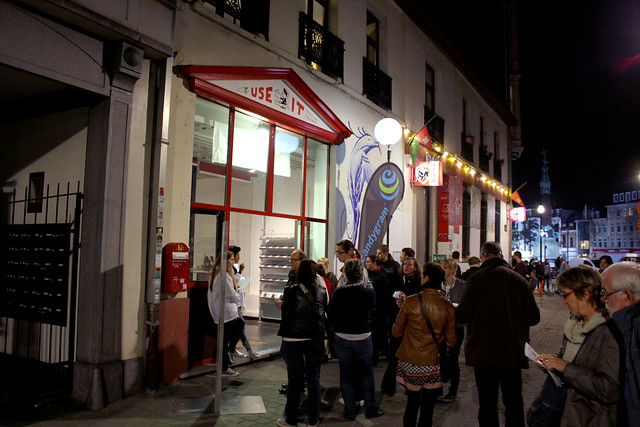
False Positive @ Nuit Blanche 2015. View on Flickr 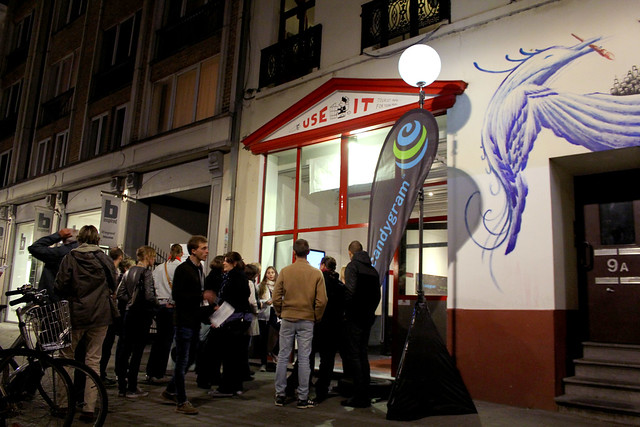
False Positive @ Nuit Blanche 2015. View on Flickr 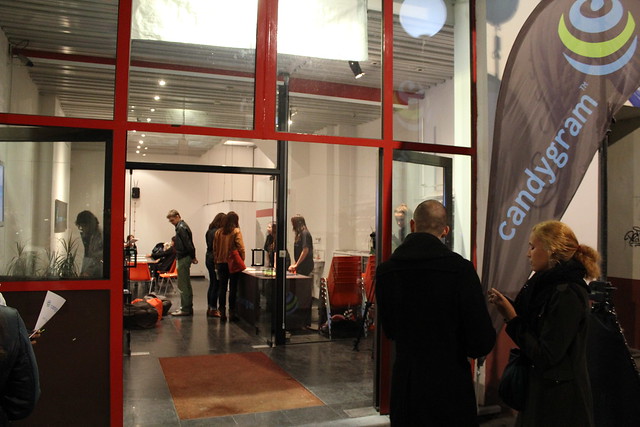
False Positive @ Nuit Blanche 2015. View on Flickr 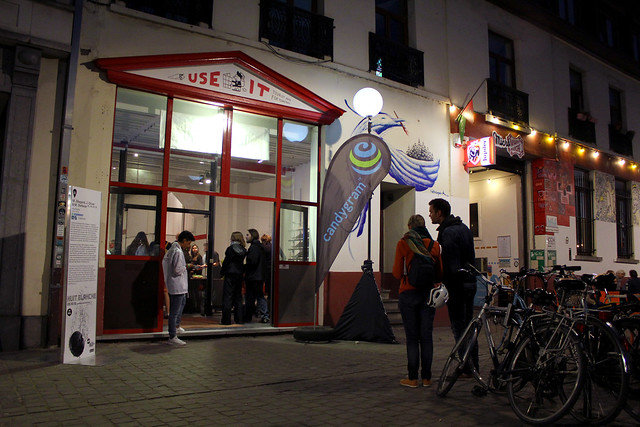
False Positive @ Nuit Blanche 2015. View on Flickr 
False Positive @ Nuit Blanche 2015. View on Flickr 
False Positive @ Nuit Blanche 2015. View on Flickr 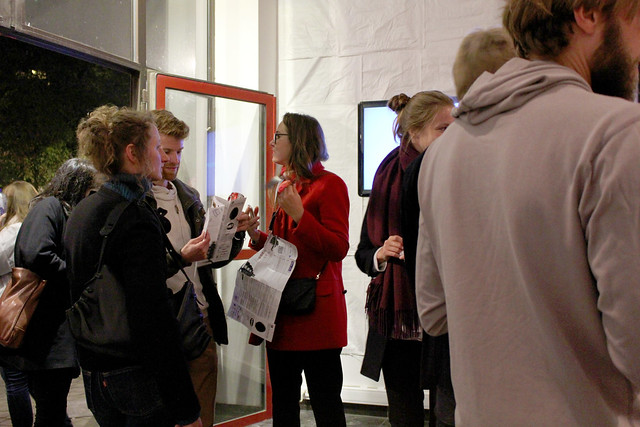
False Positive @ Nuit Blanche 2015. View on Flickr 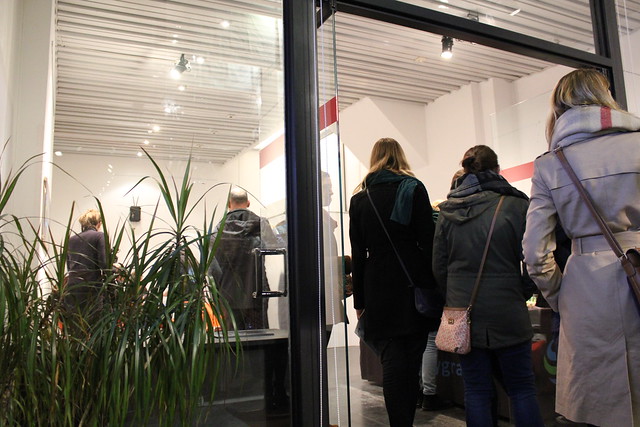
False Positive @ Nuit Blanche 2015. View on Flickr 
False Positive @ Nuit Blanche 2015. View on Flickr 
False Positive @ Nuit Blanche 2015. View on Flickr 
False Positive @ Nuit Blanche 2015. View on Flickr 
False Positive @ Nuit Blanche 2015. View on Flickr 
False Positive @ Nuit Blanche 2015. View on Flickr 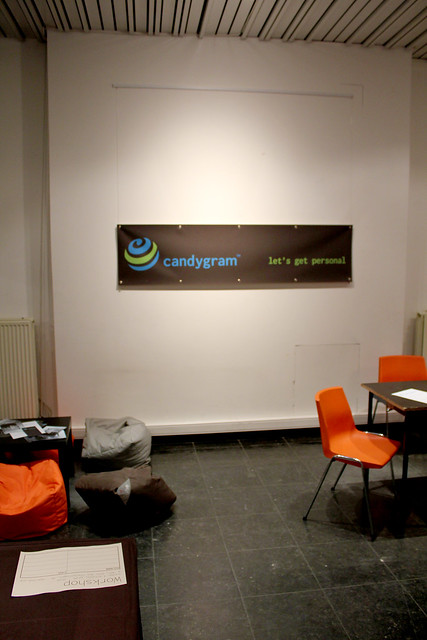
False Positive @ Nuit Blanche 2015. View on Flickr 
False Positive @ Nuit Blanche 2015. View on Flickr 
False Positive @ Nuit Blanche 2015. View on Flickr 
False Positive @ Nuit Blanche 2015. View on Flickr 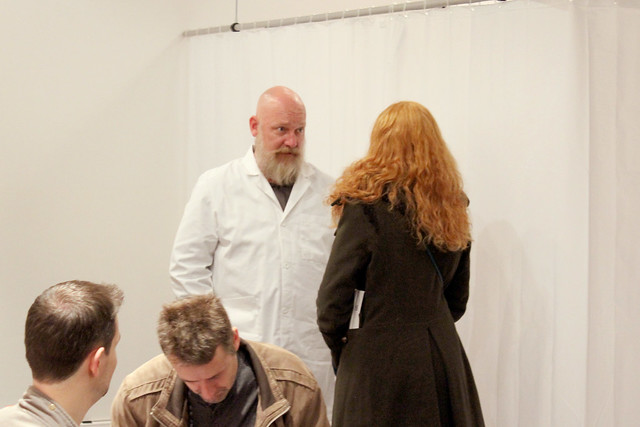
False Positive @ Nuit Blanche 2015. View on Flickr 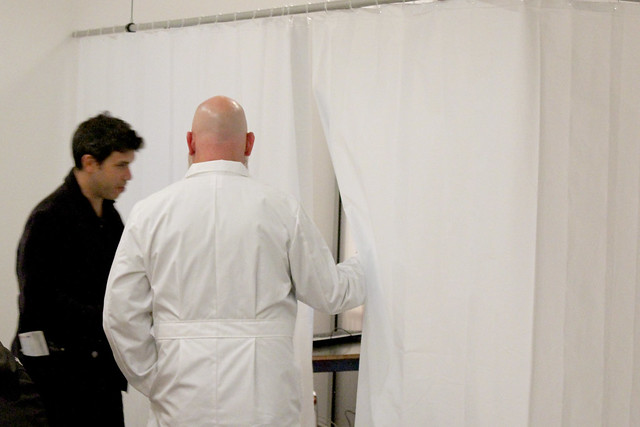
False Positive @ Nuit Blanche 2015. View on Flickr 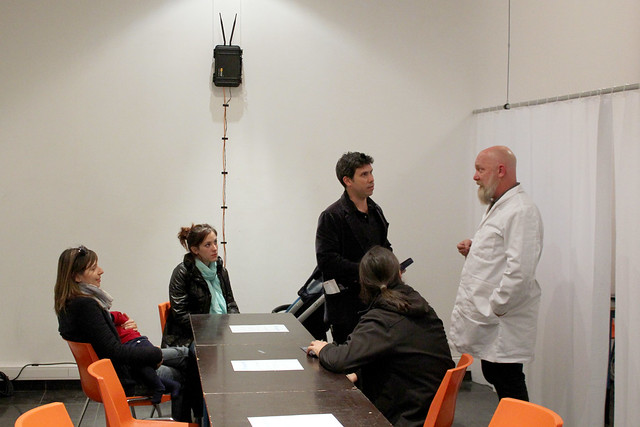
False Positive @ Nuit Blanche 2015. View on Flickr 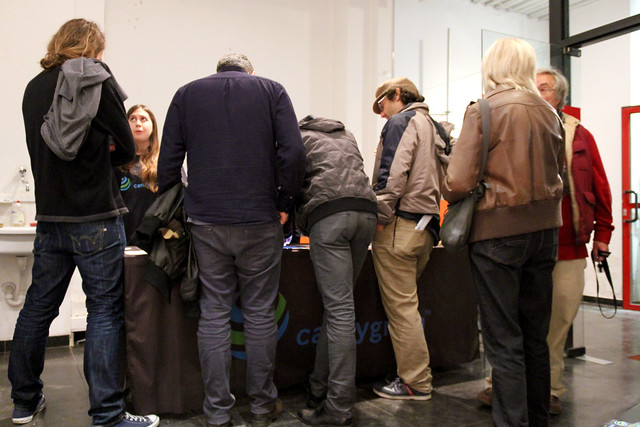
False Positive @ Nuit Blanche 2015. View on Flickr 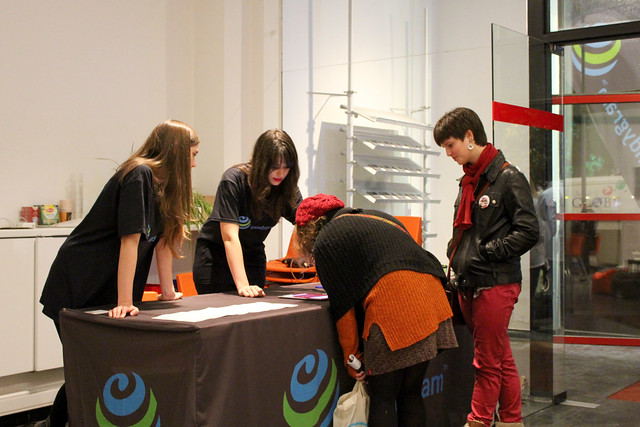
False Positive @ Nuit Blanche 2015. View on Flickr 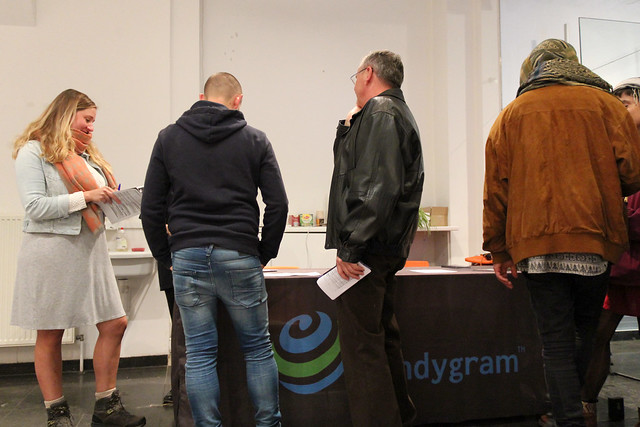
False Positive @ Nuit Blanche 2015. View on Flickr 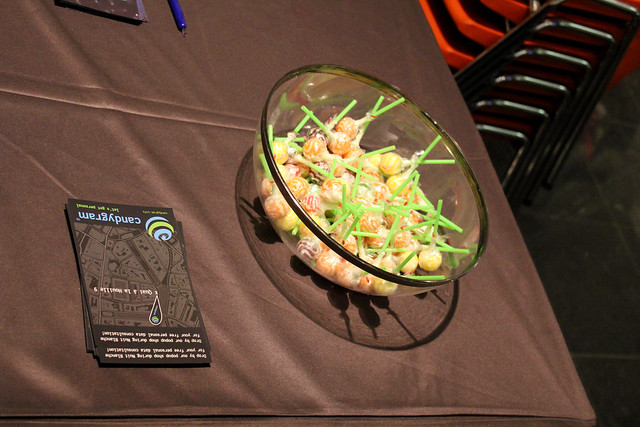
False Positive @ Nuit Blanche 2015. View on Flickr 
False Positive @ Nuit Blanche 2015. View on Flickr 
False Positive @ Nuit Blanche 2015. View on Flickr 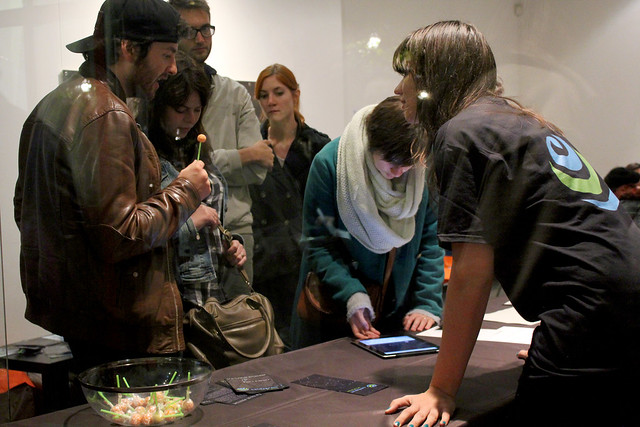
False Positive @ Nuit Blanche 2015. View on Flickr 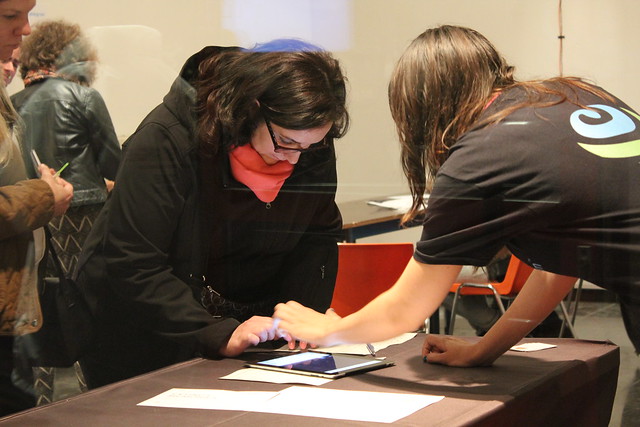
False Positive @ Nuit Blanche 2015. View on Flickr 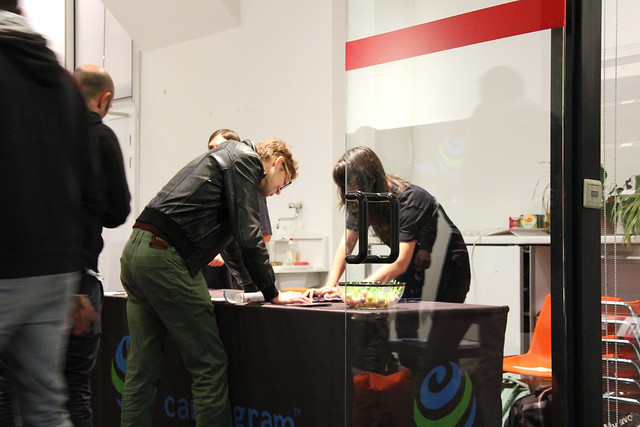
False Positive @ Nuit Blanche 2015. View on Flickr 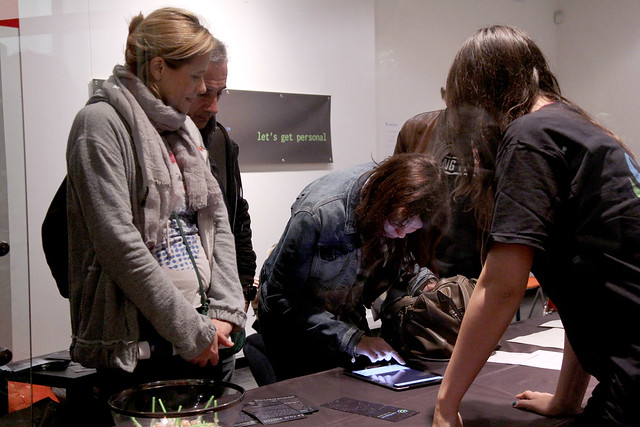
False Positive @ Nuit Blanche 2015. View on Flickr 
False Positive @ Nuit Blanche 2015. View on Flickr 
False Positive @ Nuit Blanche 2015. View on Flickr 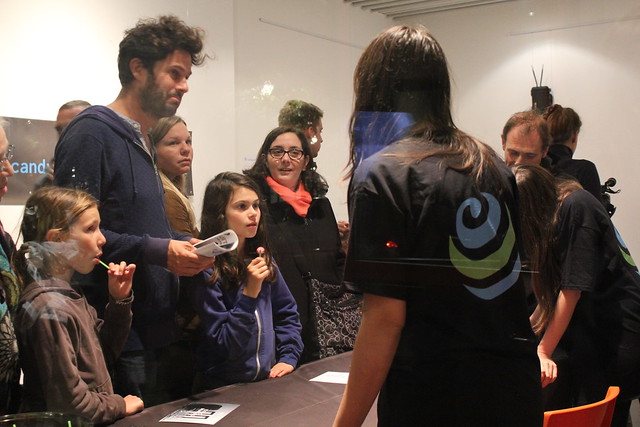
False Positive @ Nuit Blanche 2015. View on Flickr 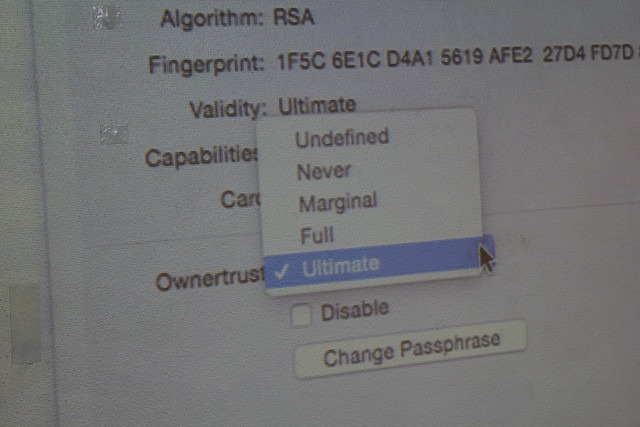
Connecting Cities 2015 - False Positive workshop + Cryptoparty. View on Flickr 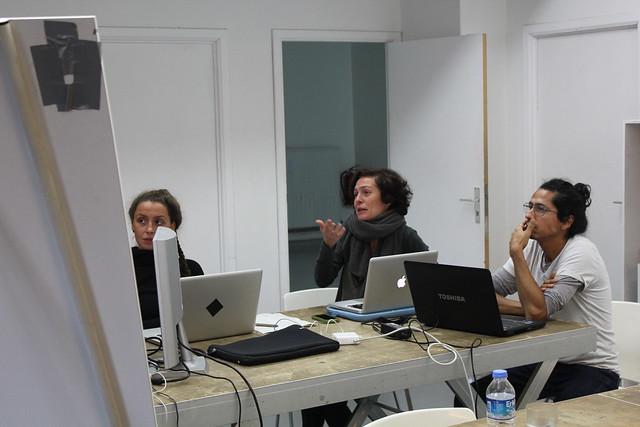
Connecting Cities 2015 - False Positive workshop + Cryptoparty. View on Flickr 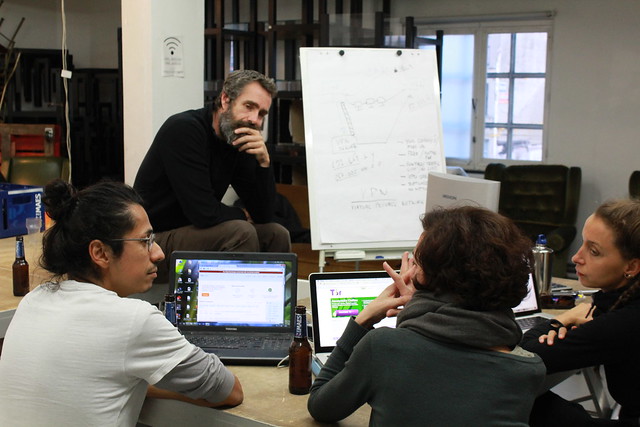
Connecting Cities 2015 - False Positive workshop + Cryptoparty. View on Flickr 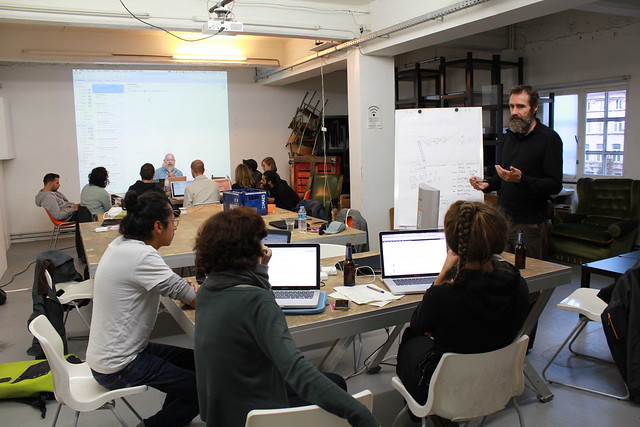
Connecting Cities 2015 - False Positive workshop + Cryptoparty. View on Flickr 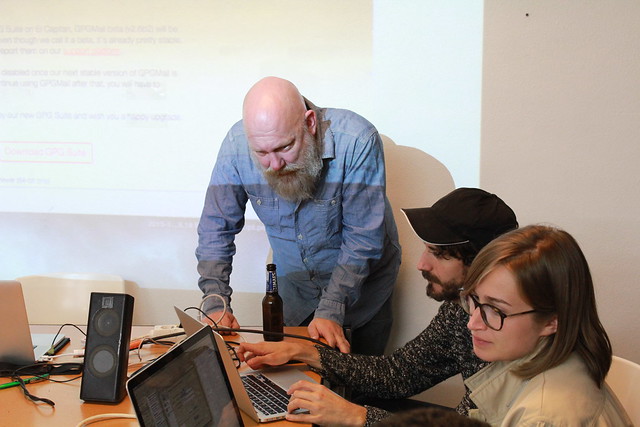
Connecting Cities 2015 - False Positive workshop + Cryptoparty. View on Flickr 
Connecting Cities 2015 - False Positive workshop + Cryptoparty. View on Flickr 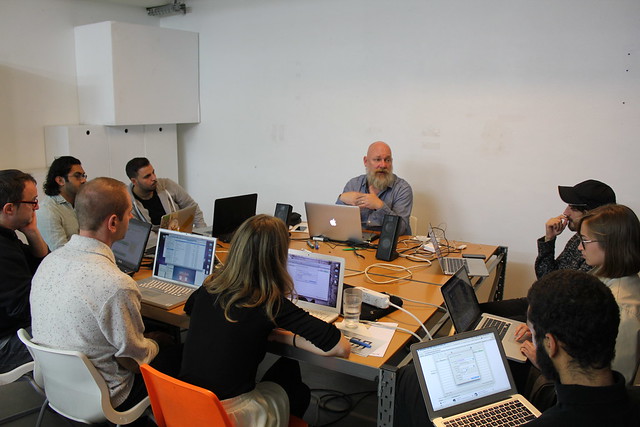
Connecting Cities 2015 - False Positive workshop + Cryptoparty. View on Flickr 
Connecting Cities 2015 - False Positive workshop + Cryptoparty. View on Flickr 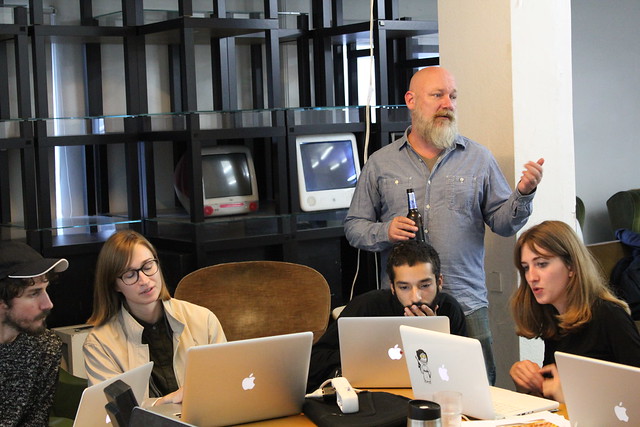
Connecting Cities 2015 - False Positive workshop + Cryptoparty. View on Flickr 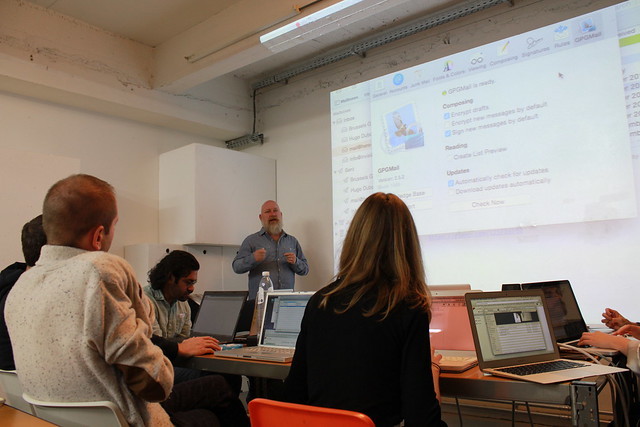
Connecting Cities 2015 - False Positive workshop + Cryptoparty. View on Flickr 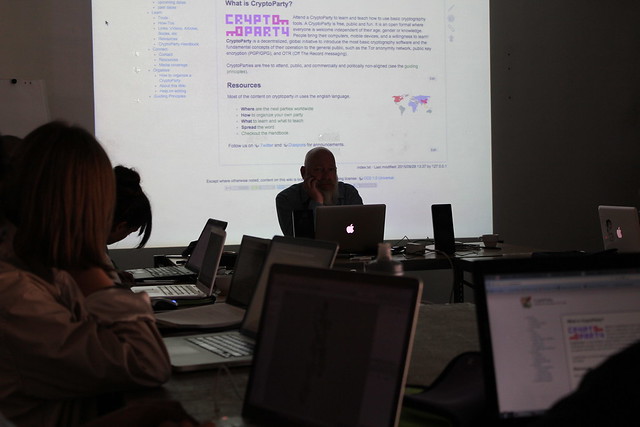
Connecting Cities 2015 - False Positive workshop + Cryptoparty. View on Flickr 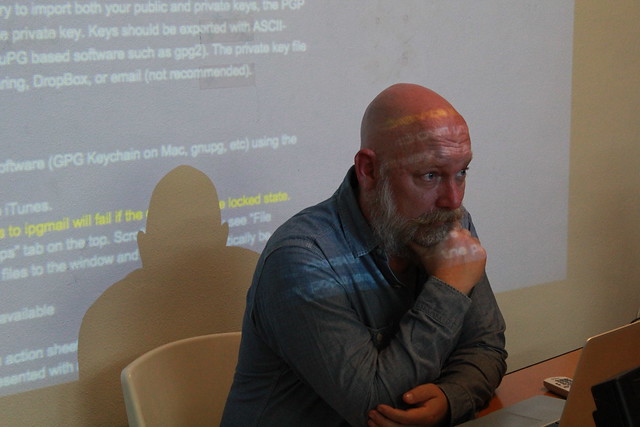
Connecting Cities 2015 - False Positive workshop + Cryptoparty. View on Flickr 
Connecting Cities 2015 - False Positive workshop + Cryptoparty. View on Flickr 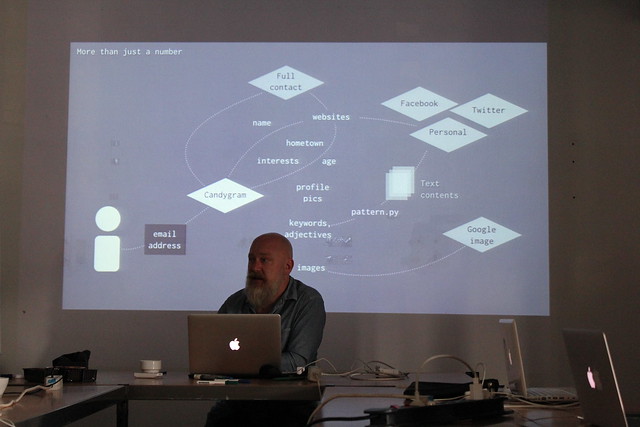
Connecting Cities 2015 - False Positive workshop + Cryptoparty. View on Flickr 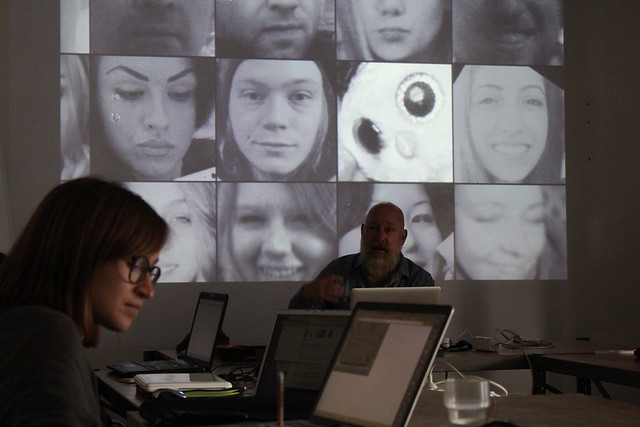
Connecting Cities 2015 - False Positive workshop + Cryptoparty. View on Flickr 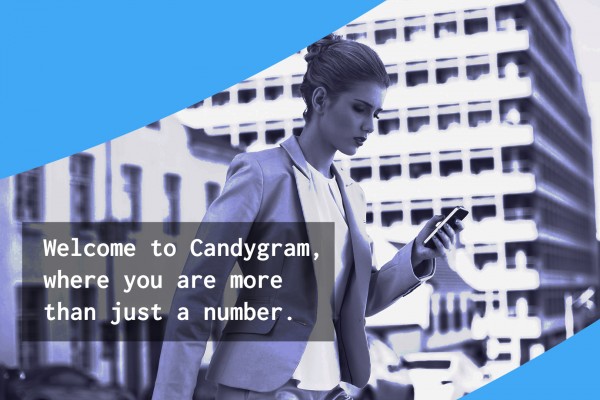
Enlarge 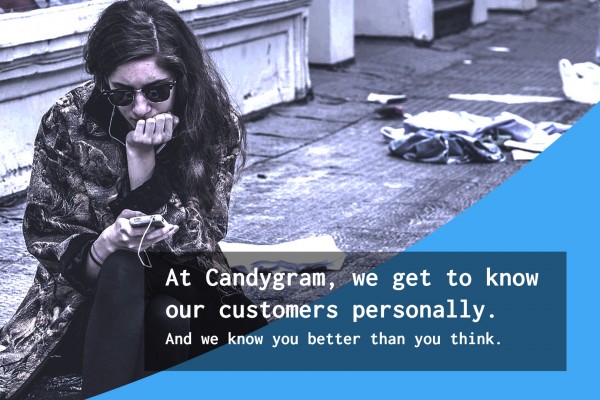
Enlarge 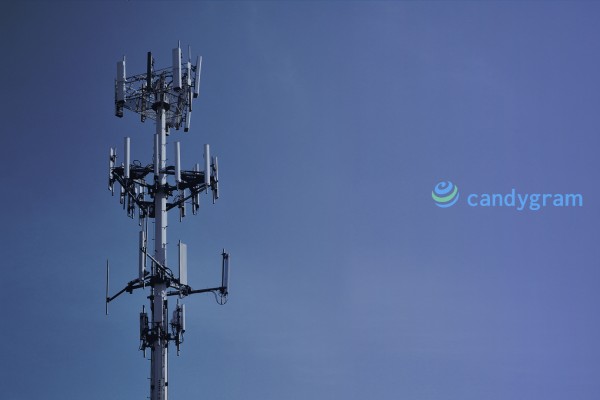
Enlarge 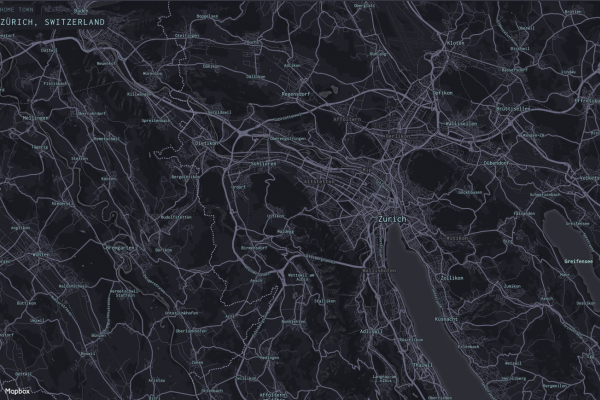
Enlarge 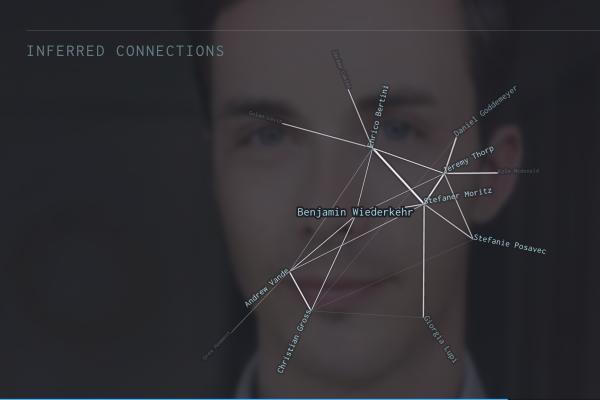
Enlarge 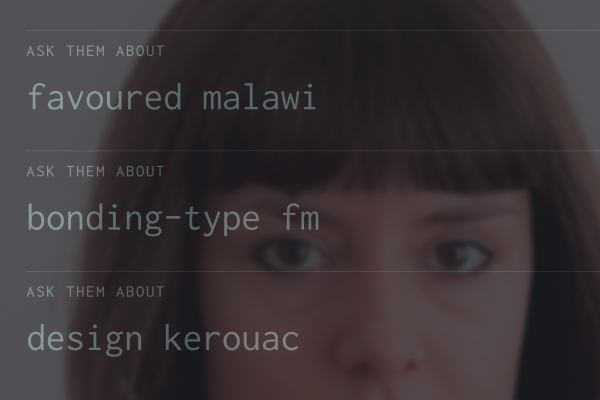
Enlarge 
Enlarge 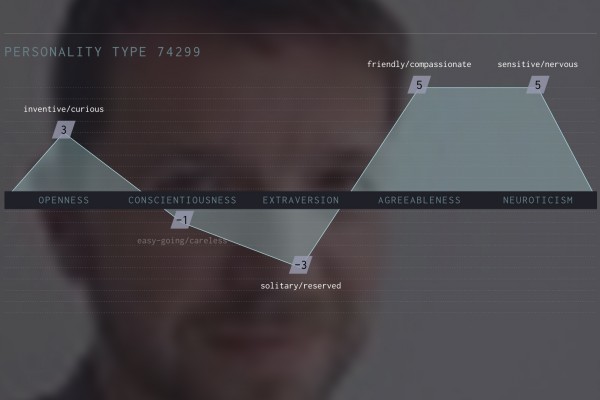
Enlarge 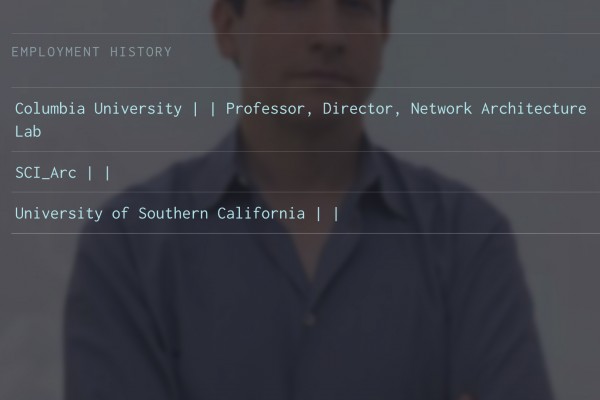
Enlarge 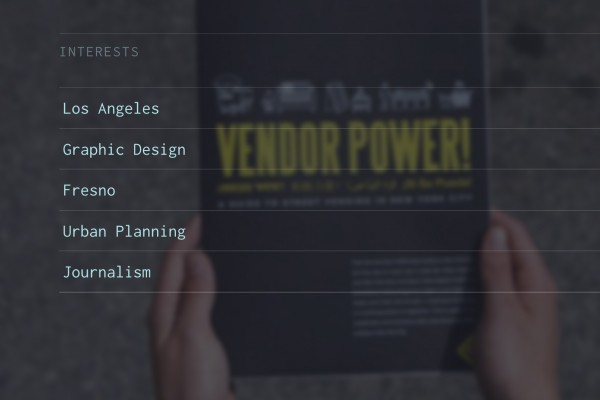
Enlarge 
Enlarge 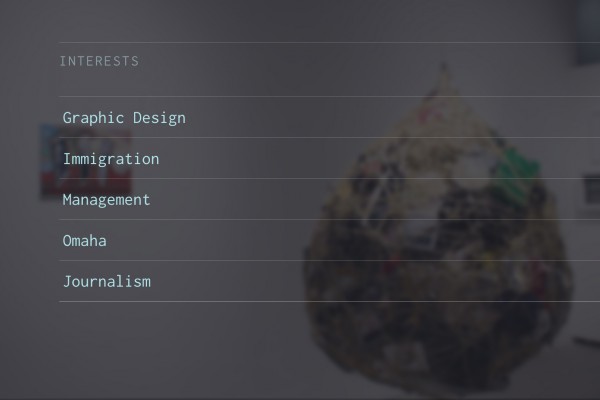
Enlarge 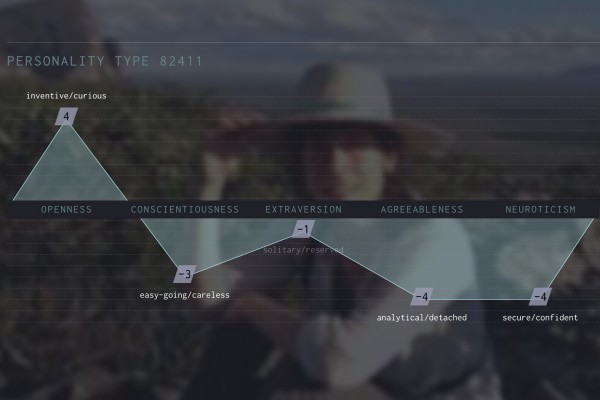
Enlarge
Credits
False Positive is een opdracht van iMAL in het kader van Connecting Cities.
Met de steun van het Culture Programma 2007-2013 van de Europese Unie, Fédération Wallone-Bruxelles en het Technē Institute for the Arts and Emerging Technologies (University at Buffalo).
False Positive wordt gepresenteerd door iMAL in Brussel, in het kader van In/Visible City 2015 en Nuit Blanche 2015.

Thanks
MicroMarché, LARbitsLAB
False Positive
3 October, 19:00 - 2:00
Next to MicroMarché (9, Steenkoolkaai)
Workshop
4 October, 12:00 - 20:00
iMAL, 30 Koolmijnenkaai, Brussels)
Free! Registration mandatory!
activity
Een archief : 1999-2010-2019
Deze pagina is een archief van de iMAL website zoals die tussen 2010 en 2019 bestond. Alle activiteiten en projecten die sinds het begin in 1999 door iMAL georganiseerd zijn zijn hier gearchiveerd.
Het meest recente nieuws en activiteiten kan je terug vinden op onze nieuwe website: imal.org

